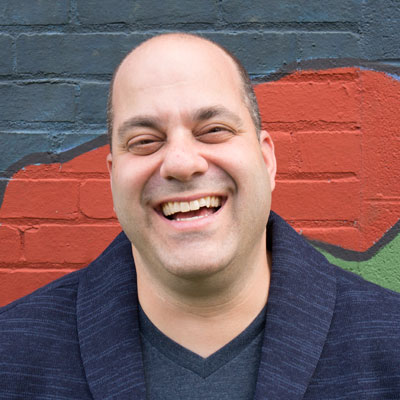
Notice: Trying to access array offset on value of type int in /home/dainklonerpixn/public_html/templates/yoo_lykka/warp/src/Warp/Config/Repository.php on line 243
Notice: Trying to access array offset on value of type int in /home/dainklonerpixn/public_html/templates/yoo_lykka/warp/src/Warp/Config/Repository.php on line 243
Notice: Trying to access array offset on value of type int in /home/dainklonerpixn/public_html/templates/yoo_lykka/warp/src/Warp/Config/Repository.php on line 243
Notice: Trying to access array offset on value of type int in /home/dainklonerpixn/public_html/templates/yoo_lykka/warp/src/Warp/Config/Repository.php on line 243
Grief and Loss
Losing anyone is difficult and, while the pain we carry impacts us, it does not have to dictate our lives. Although often associated with death, grief can be experienced when we lose anything that is familiar or close to us, which can include divorce or a break-up, loss or limitation of our health, loss of employment or financial stability, death of a pet, retirement, loss of relative freedom, loss of safety after a traumatic event, or even something as subtle as transition itself.
Grief is the emotional suffering we feel when something or someone we love is taken away and it is a natural response to loss. Often, the pain of loss can feel overwhelming. We may experience all kinds of difficult and unexpected emotions, from shock or anger to disbelief, guilt, and profound sadness. The pain of grief can also disrupt our physical health, making it difficult to sleep, eat, or even think straight. These are normal reactions to loss—and the more significant the loss, the more intense the grief seems to be.
Therapy can help us learn how to grieve our losses and manage distressing emotions. The stress of any loss can deplete our energy or make us feel emotionally exhausted. An experienced therapist can help us find comfort and help restore balance when we feel relative instability.
Addiction & Substance Abuse Issues
What is important to understand about addiction is that drugs and/or alcohol (or gambling, shopping, nicotine, sugar, caffeine, or internet gaming) is not the problem. The objects of addiction are symptoms of a much bigger problem. Realistically speaking, all addictions are coping mechanisms used to solve, and sometimes minimize, what the actual issues or problem(s) are.
Whether addiction started as a distraction or a means to numb pain of some kind, addiction & substance abuse and dependence can impair our functioning and can certainly affect our relationships. I work with people to help them gain a better understanding of how addiction impacts their lives and provide treatment options to best suit each individual.
Read More
Self-Esteem
Self-esteem can be a fragile thing. It is the degree to which we feel confident, valuable, and worthy of respect and it exists on a continuum from high to low. Where our self-esteem falls on this spectrum can influence our overall well-being.
When we have high self-esteem, we often feel good about ourselves and our progress through life. With low self-esteem, we often feel shame and self-doubt and often spend a good deal of time criticizing ourselves. Low self-esteem is a symptom of several mental health conditions, such as anxiety and depression.
Read More
Personal Growth and Development
Life itself is hard sometimes and how we embrace conflict and continue toward our goals no matter the obstacle can often reveal our true character. Therapy is a place to explore our goals and dreams and to be who we want to be without judgement. I am a supportive and motivating guide on such an exciting and uncertain journey.
Personal growth is an ongoing process of understanding and developing who we are in order to achieve our fullest potential. Personal development is a vital part of our growth, maturity, success, and overall happiness. It is one of the foundations of emotional, physical, intellectual, and spiritual health.
